Fuel Efficient Boats
There are certain features of fuel efficient boats that you can keep in mind when choosing the right boat for your family. From fuel efficient fishing boats to cruising boats, find out which factors contribute to better boat fuel consumption.
Fuel Efficient Fishing Boats
While there are routine maintenance tips that can contribute to better boat gas mileage with any vessel, you may also want to consider hull design and engine type when choosing a boat for fuel efficiency. These features can help you narrow down your options when it comes to selecting the most fuel efficient boats.
Fuel Efficient Boat Hull Designs
If you are in the market for one of the most fuel efficient boats, it's important to learn about the association between boat hull design and boat fuel consumption. Different types of boat hulls will displace water in different ways, which can have an impact on your fuel efficiency.
Keep in mind that the type of boating you do, where you boat, and the speed at which you operate your boat will also play a role in overall fuel efficiency.
Multi-Hull Boat Designs
Power catamaran boats and cathedral hulls have a multi-hull design that are usually more fuel efficient in rough waters or when operating at speeds below 30 knots. Because a multi-hull boat design has narrower hulls, this design means less resistance or drag on the surface of the water and better fuel efficiency.
Stepped Hull Designs
If you may have a need to run fast over greater distances, a stepped hull design might be something to consider. This type of hull also reduces the amount of surface that comes into contact with the water. This design reduces drag at higher speeds, which in turn, uses less horsepower and fuel.
Fuel Efficient Boat Motors
When learning about the most fuel efficient boat motors or engines, you'll need to first gain a basic understanding of the different types of boat engines, fuel delivery systems, and which engine is best suited to boats of different sizes and uses. Learning about boat engines is an important part of knowing how to boat safely and efficiently.
Smaller inboard or stern-drive powerboats (up to 30 to 35 feet in length) are usually only powered by a gasoline engine. Alternatively, larger recreational boats generally offer a choice between gas or diesel powered engines.
Generally speaking, when operating a large boat, diesel engines are more fuel efficient, but efficiency will also depend on the type of boat hull, how much weight is onboard, and how fast the boat is typically operated. For smaller boats that are powered by a gasoline outboard, direct fuel injection can contribute to improved fuel economy over a carbureted fuel system.
KEEP LEARNING
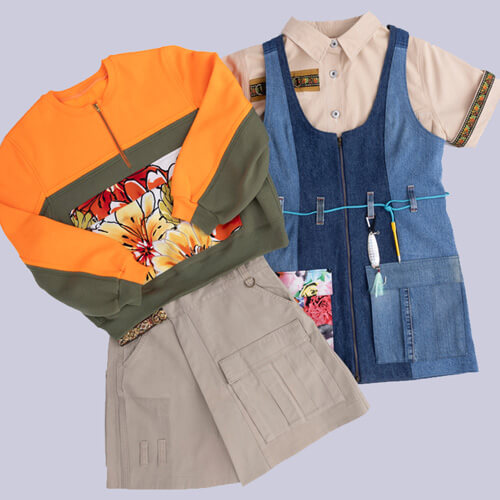
TakeMeFishing x Teen Vogue
Join us on a creative journey as fashion designer Ahmrii Johnson walks us through her collaborative vision and process with Teen Vogue and fashion brand, Rentrayage, to create a special piece.
LEARN MORE
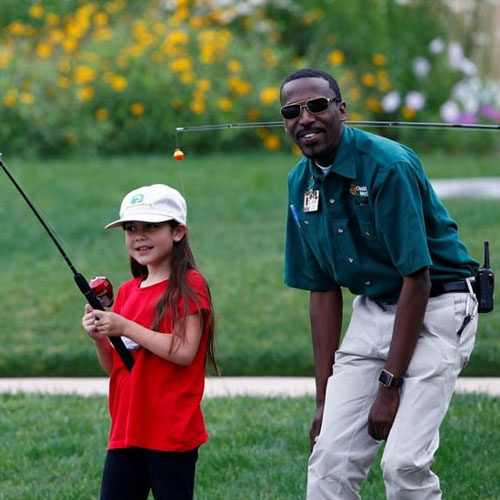
First Catch Center Trailer Gallery
FCC Trailer Photo Gallery
LEARN MORE
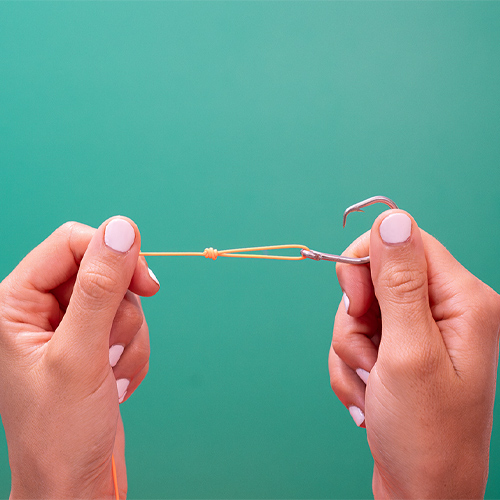
How to Tie a Duncan Knot
Learn to tie a Duncan knot by following these five simple steps. Watch our new video.
LEARN MORE

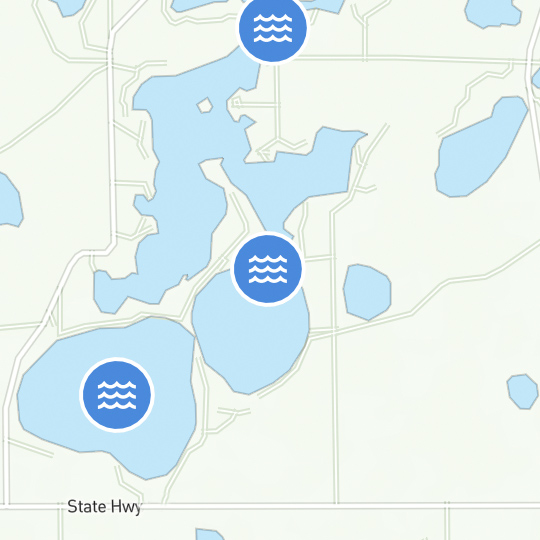
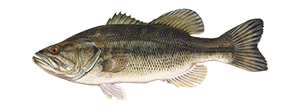.png?lang=en-US&ext=.png)